Responsible port

The Port of Marseille Fos is a responsible port that considers environmental excellence to be a major goal and a key issue across its territory.
From modal shift, to quayside ship-to-shore power supply and the management of almost 3,000 hectares of natural areas, the impact of our activities on the environment and air quality are at the heart of our daily concerns in safeguarding everyone's health.
The 2020-2024 strategic project maxim illustrates this: "A green port serving the blue economy" or how to reconcile environmental excellence, competitiveness and economic attractiveness.
We share this ambition and act on it every day thanks to our institutional partners and the port community: ship owners, industry, logistics operators, etc. Below is a non-exhaustive presentation of some of the key actions undertaken by the Port of Marseille Fos in recent years.
For more information, see the brochure "Our actions for environmental excellence"
Find all the initiatives in support of the circular economy in "Innovative port" and in the "Flagship projects" section.
Air quality and energy transition
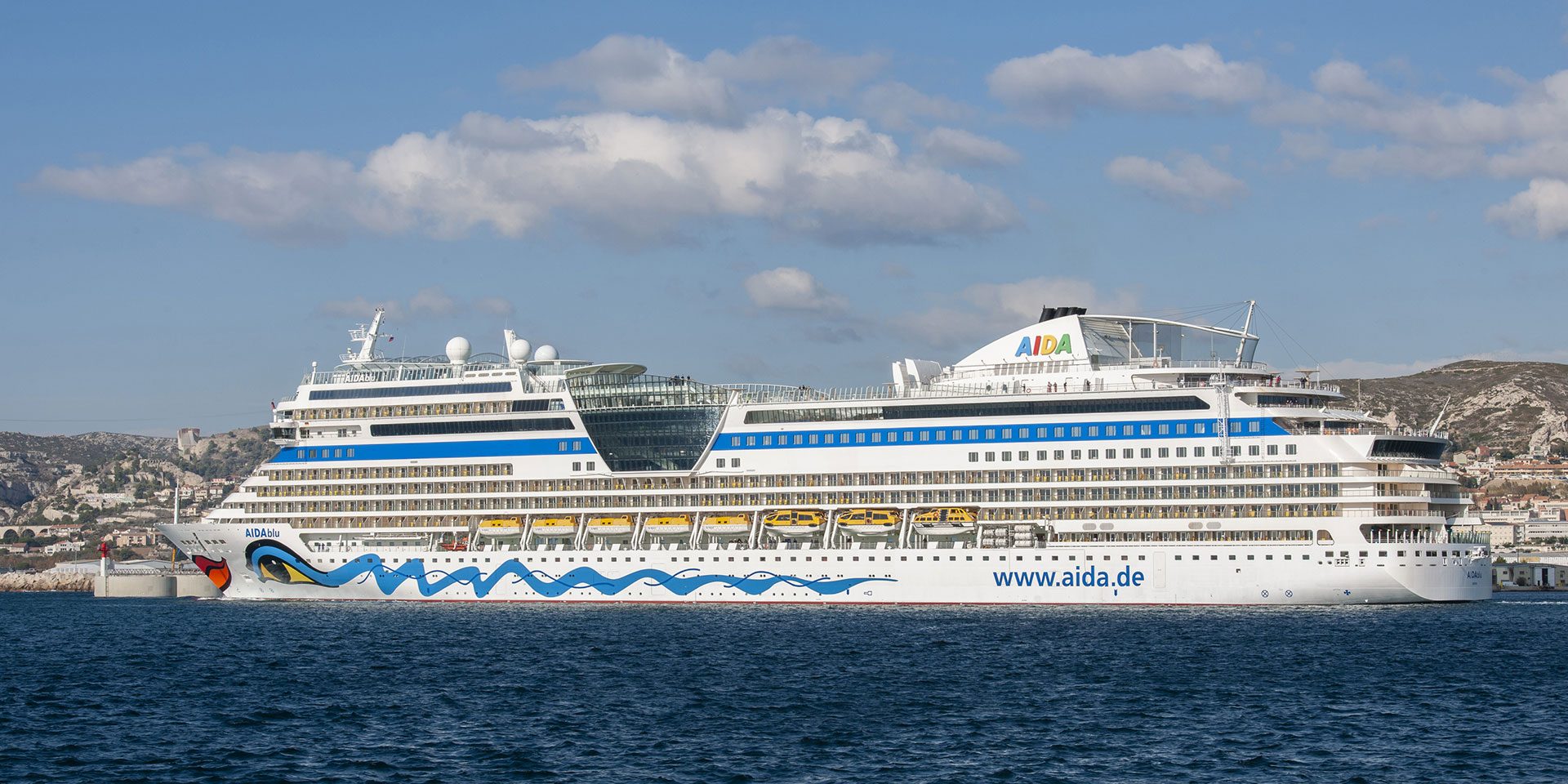
For several years now, the Port of Marseille Fos has undertaken a series of concrete actions that address air quality and the energy transition. It encourages and assists ship owners to comply with the regulations in force on fuels designed to reduce polluting emissions.
Ship-to-shore power supply (CENAQ)
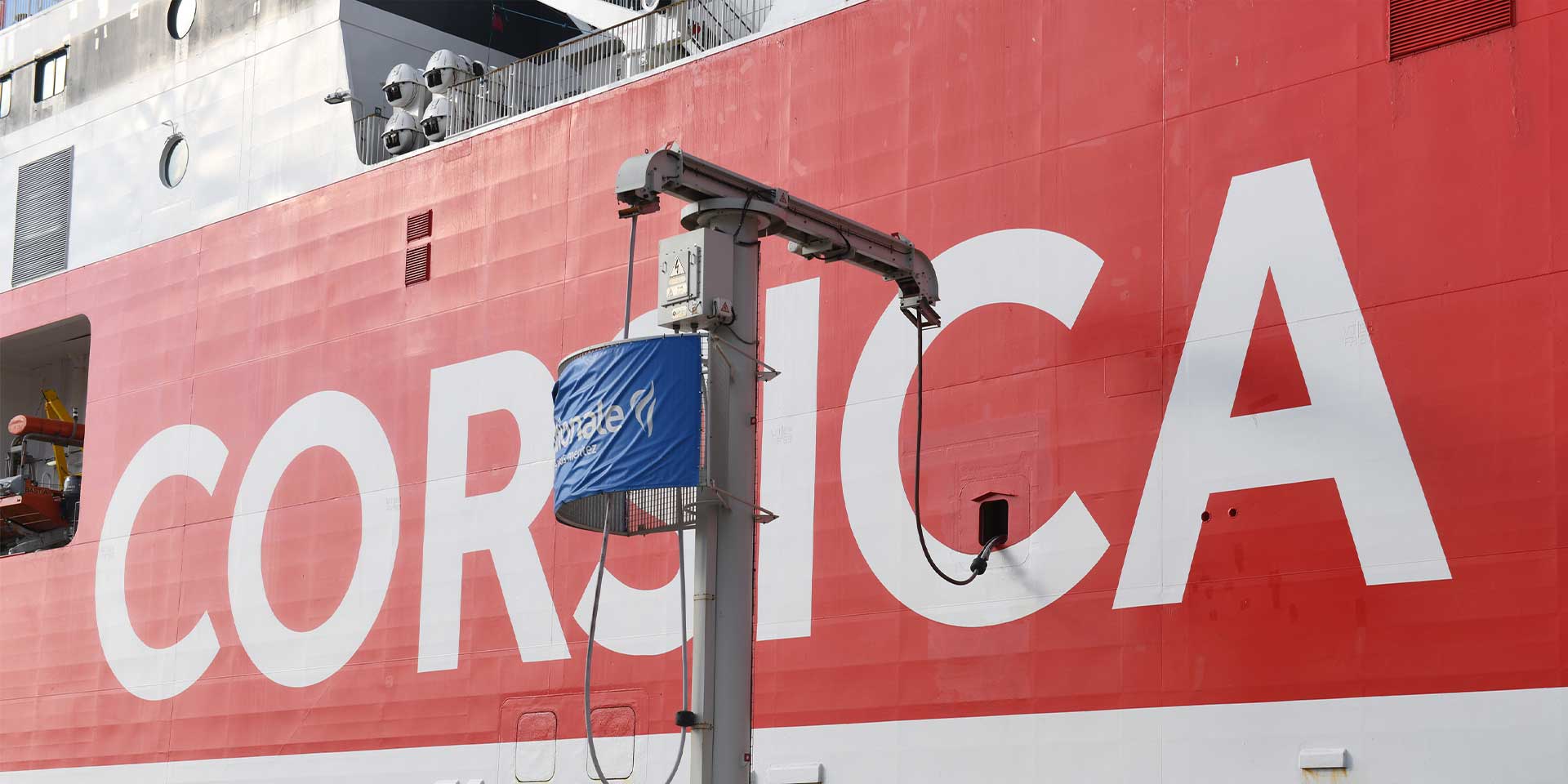
Marseille Fos is the first port in France to offer quayside electrical connections for ferries to and from Corsica with La Méridionale in 2017 and Corsica Linea in 2019. Going forward, tomorrow's challenge will be to take another step forward by rolling out solutions enabling ships requiring more power or with more complex power specifications to be connected, in particular for international ferries and cruise ships at berth or in dry dock. Consequently, the quays of the future Cap Janet international terminal, which by 2022-2023 will accommodate ships bound for or coming from North Africa, will also be connected to the electricity supply network.
In parallel, the Port of Marseille Fos is working to develop photovoltaic energy production by equipping the roofs of hangars and warehouses. Today, the Port supplies ships with power from the national ENEDIS network. The electricity is guaranteed 100% renewable, thereby ensuring the maximum environmental benefit. With its photovoltaic roofs, over the next few years the Port aims to produce 100% self-generated energy, fed into the internal network.
Mediterranean liquefied natural gas (LNG) hub
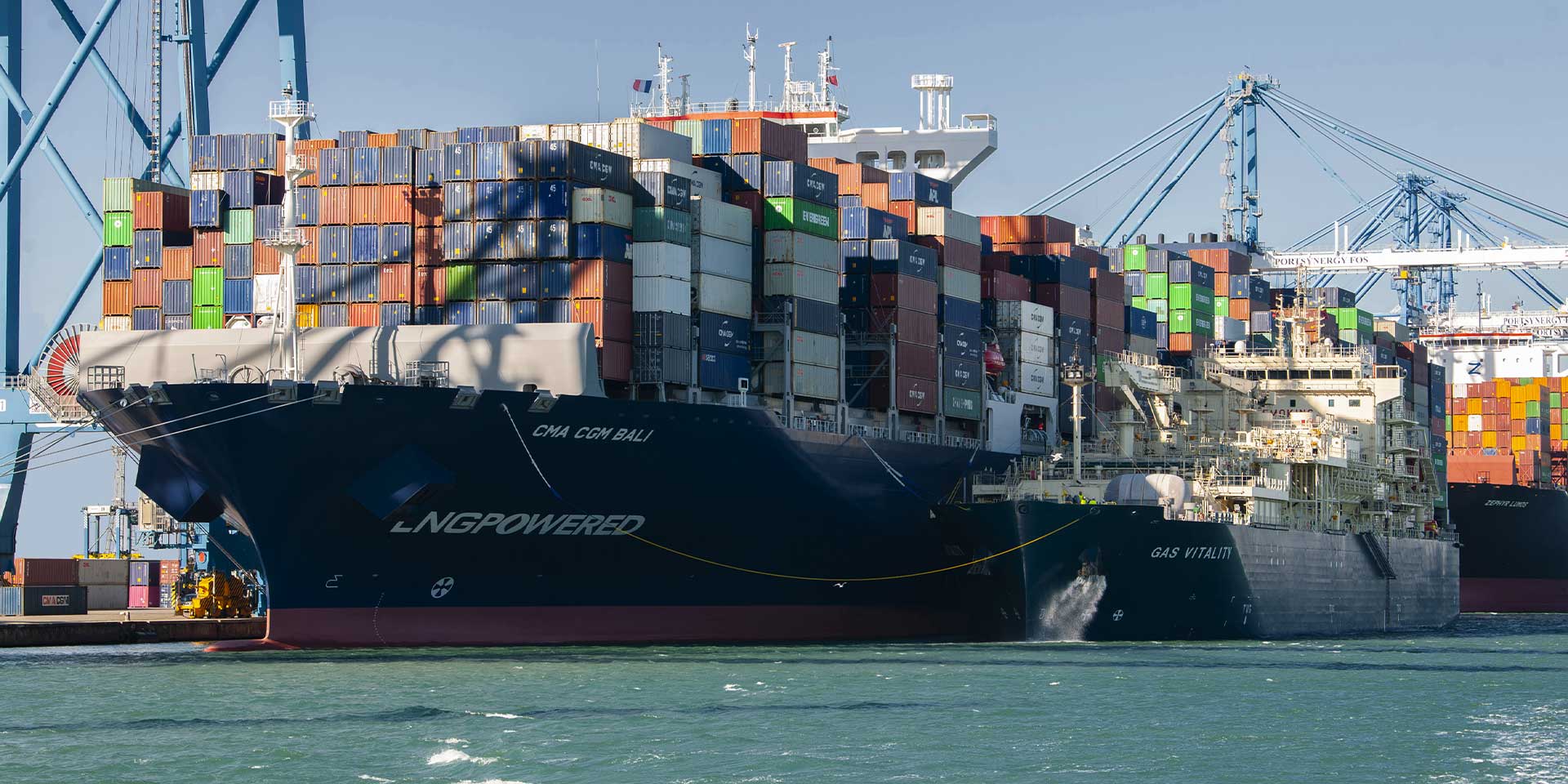
LNG-powered cruise ships have been calling at Marseille since 2019. With a second ship-to-ship LNG bunkering operation in June 2020, the Port of Marseille Fos confirmed its commitment to liquefied natural gas (LNG) and, as a member of the Society for Gas as a Marine Fuel (SGMF), intends to promote LNG and become the Mediterranean hub.
LNG is a clean alternative energy that limits the impact of ship emissions into the atmosphere. The SGMF has currently identified 185 LNG-powered ships in operation worldwide with 213 LNG-powered ships on order.
Concrete actions
Modal shift
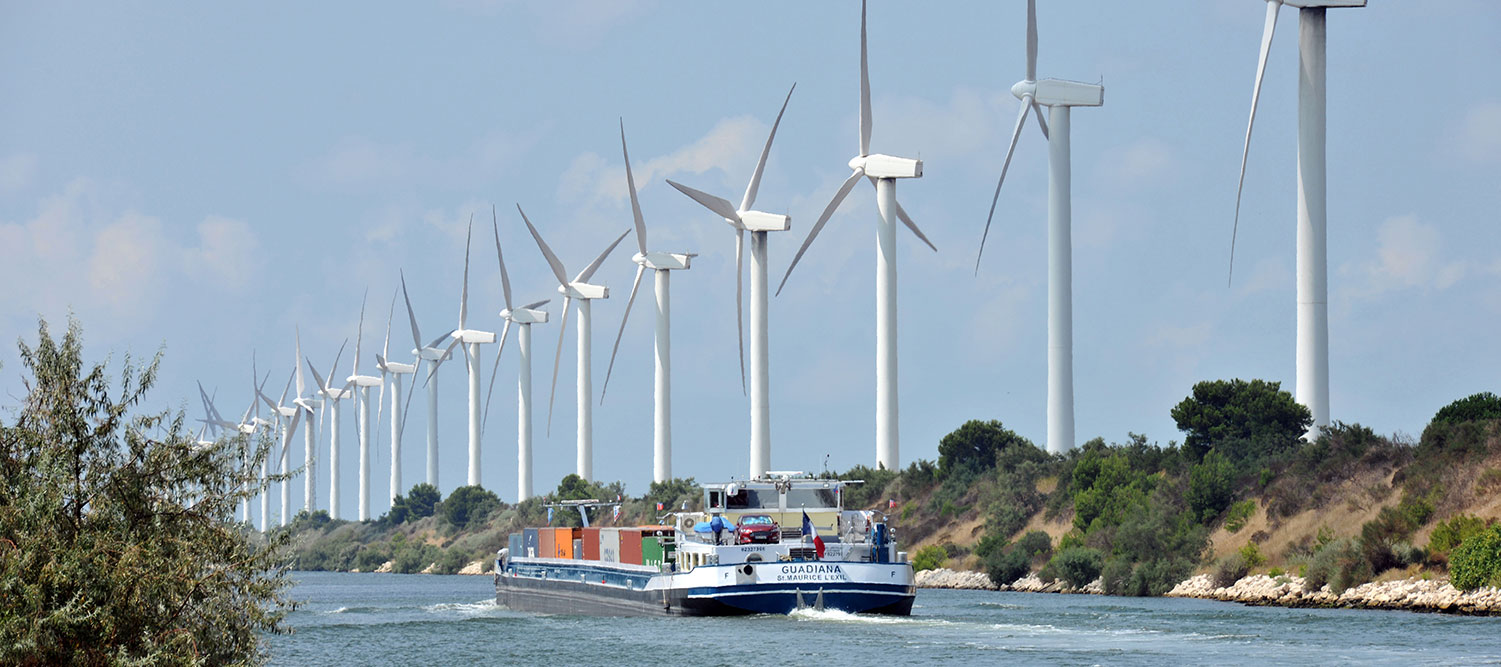
Modal shift has increased significantly over recent years. What is modal shift? It is the process of replacing one congested mode of transport with another in order to relieve congestion in the former. Modal shift reduces the road transport of bulk goods by transferring them to rail or barge. The modal share of cargo transported to and from the port by road has now fallen to under 80%.
Aware that transport needs to actively reduce its carbon footprint, the Port's rail policy is proactive with the development of new services and infrastructure to connect logistics zones and terminals. Likewise in relation to river transport, as a member of the Medlink Ports association the Port of Marseille Fos is working to develop the Mediterranean-Rhône-Saône port and logistics corridor.
Dialogue and consultation with the territory
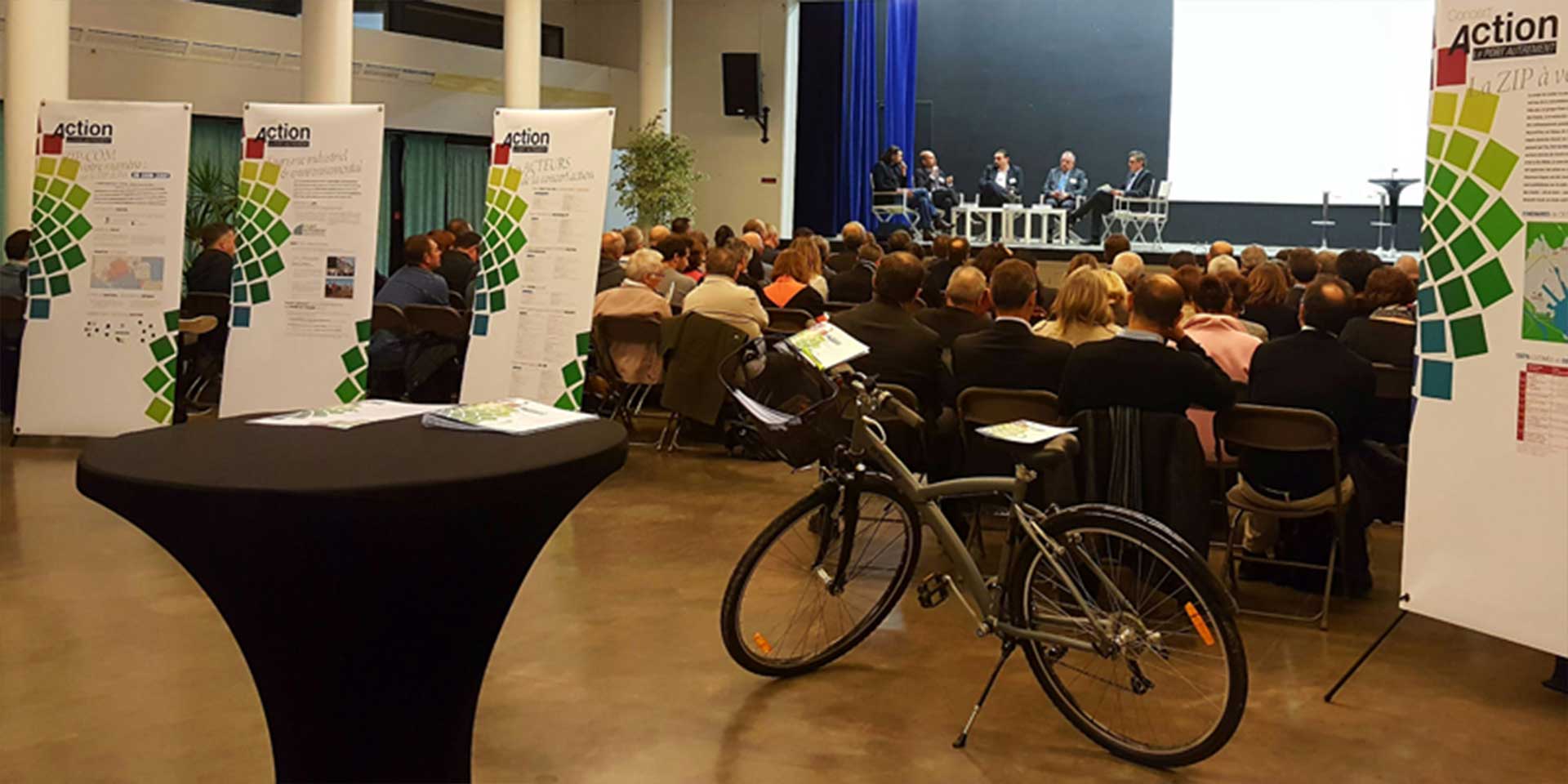
On the initiative of the government, in the same year the Port's Supervisory Board approved the terms of a "City-Port Charter" including the city of Marseille, the Port of Marseille Fos and the local economic and institutional stakeholders. The Charter calls on all the signatories to mobilize on a reciprocal and long-term basis with a shared vision of the future of the port: the Port opens up to the city while the territory supports the development of the Marseille harbours.
The Réponses system - (Reducing pollution in environmental health)
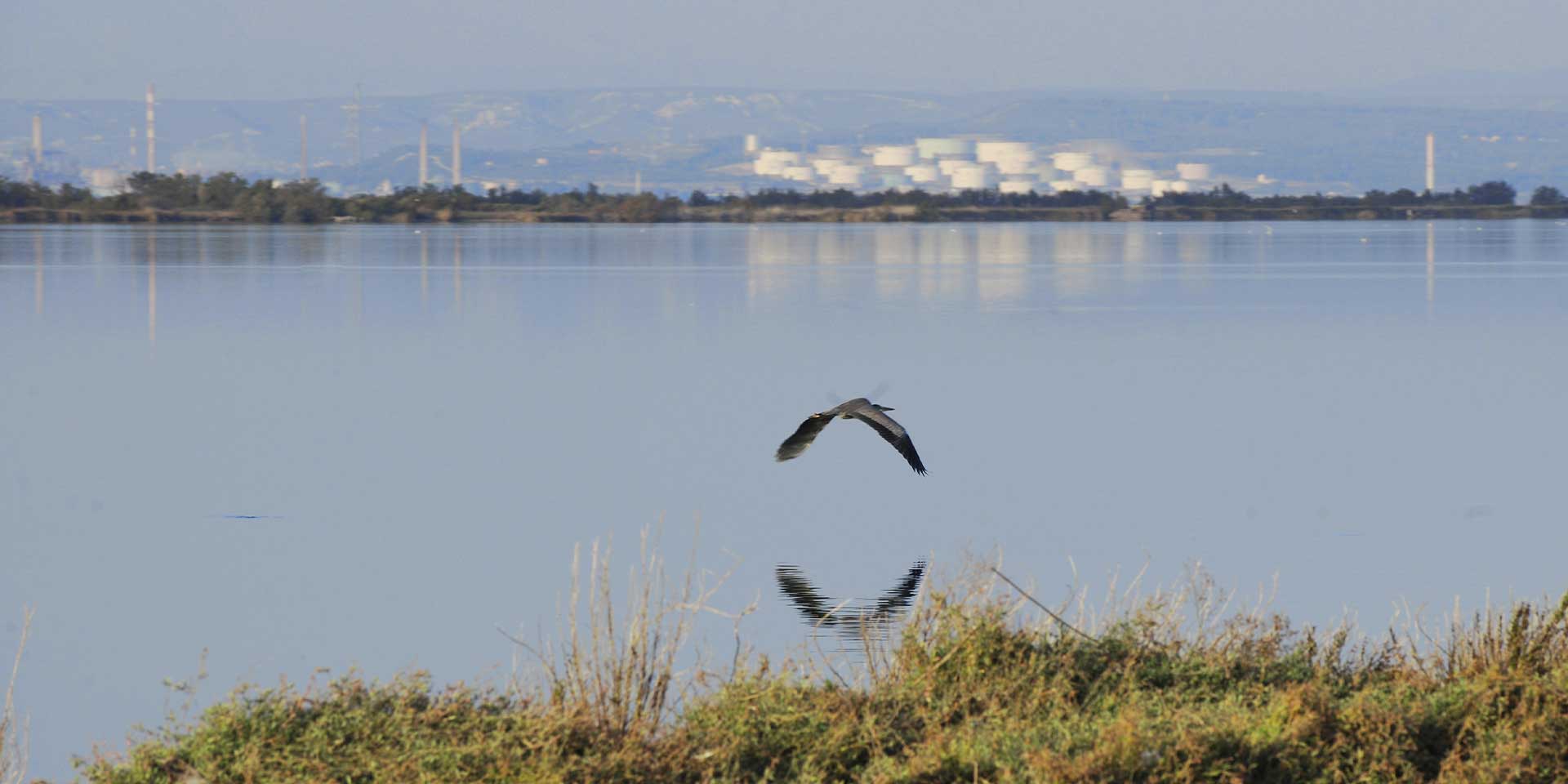
In 2020, the REPONSES initiative won the largest grant in the "Citizen Participation in the Territories" call for projects launched by France's Interministerial Directorate for Public Transformation. A real satisfaction for the joint work undertaken on this project, which aims to meet the public’s environmental health expectations in the area of the Etang de Berre.
The Port of Marseille Fos is a long-standing and active partner of the Provence-Alpes-Côte d'Azur Permanent Secretariat for the Prevention of Industrial Pollution (SPPPI PACA), which is the lead partner in this initiative.
Environmental Ship Index
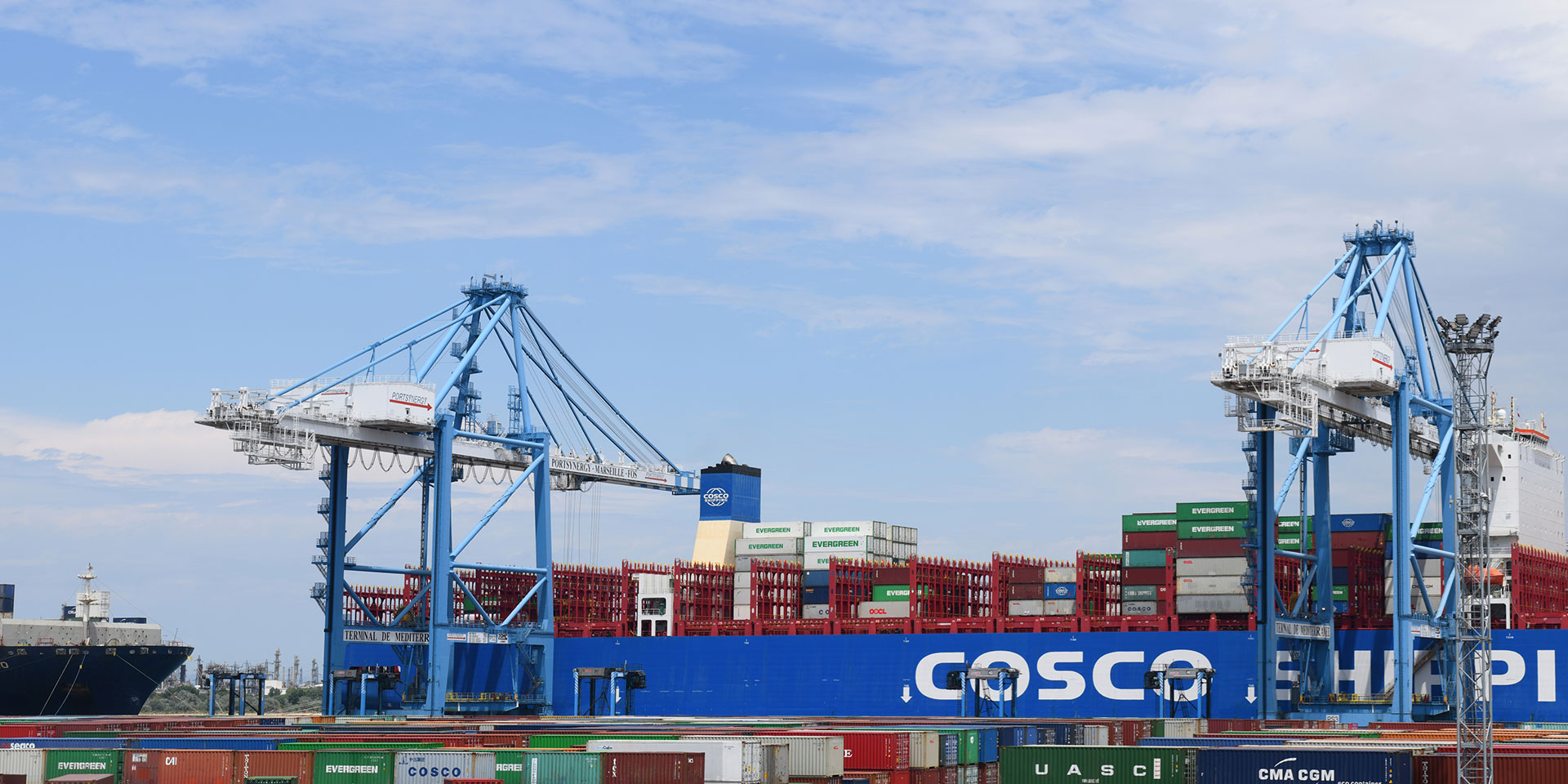
The Port of Marseille Fos has been running the Environmental Ship Index (ESI) trophies since 2017, in order to promote the World Port Climate Initiative (WPCI) approach. The mechanism rewards vessels of companies that achieve a performance that exceeds regulatory requirements. In concrete terms, the shipping companies operating ships that are the most respectful of air quality, in terms of atmospheric emissions, are recognized and receive an environmental bonus in the form of reduced port fees.
Natural spaces and biodiversity
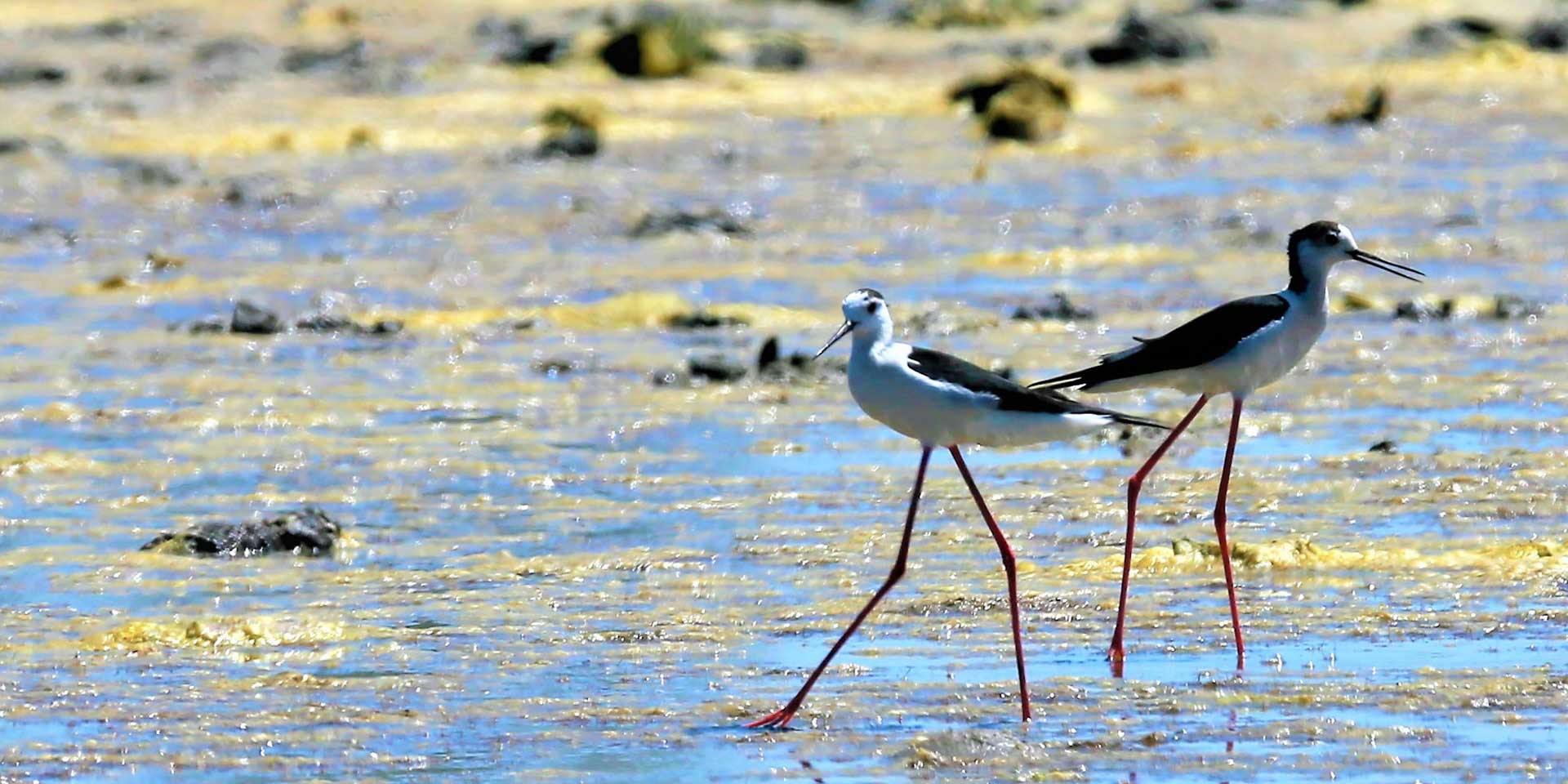
Since 2007, the Port of Marseille Fos has committed to a policy of preserving biodiversity through the management and protection of its natural areas covering over nearly a third of its territory in the west of the port area. Between the Camargue, Crau and the Mediterranean, the Port's teams manage these extremely rich natural areas that are home to more than 400 plant and 300 animal species, some of which are subject to a protection regime.
The natural area management plan (PGEN)
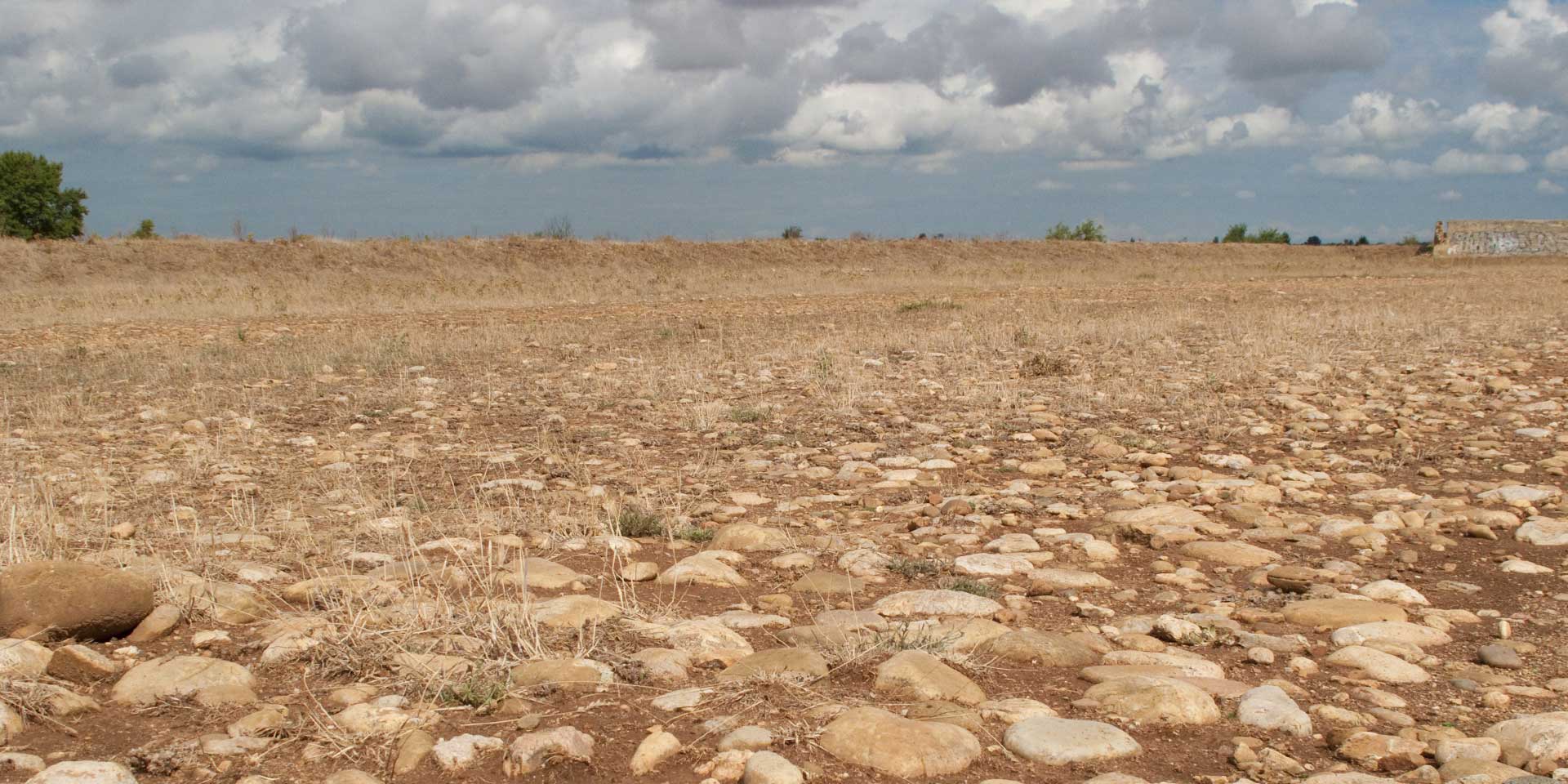
The agri-environmental belt environments making up perimeter of the PGEN are represented through:
- the Crau in the Ventillon sector.
- wetlands in the Landre/Vigueirat, Tonkin, Relai, Oiseau/Les Enfores sectors.
- the agricultural environment in the Raft/Laget sector.
- the dune environment in the La Flèche de la Gracieuse sector.
The PGEN lists all the actions undertaken by the Port of Marseille Fos, in close collaboration with local actors who work on environmental issues (public, private and associations). Among the recent concrete actions, the MédiCyn project in partnership with the Tour du Valat scientific organization aims to restore temporary Mediterranean ponds. Its goal is to reconcile hunting practices and the conservation of these unique Mediterranean environments.
The natural heritage plan (SDPN)
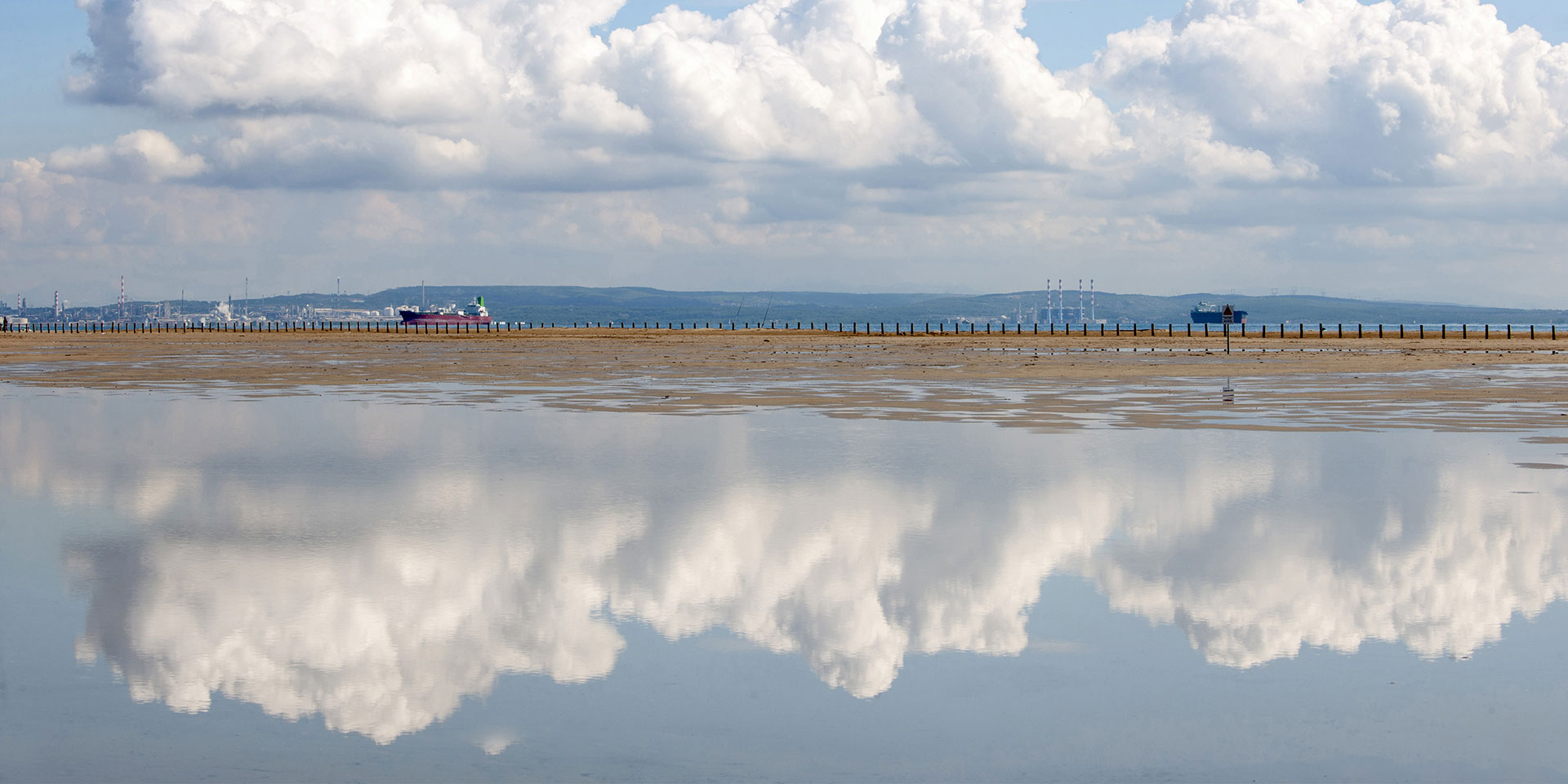
This guidance document helps take the natural environment and biodiversity in the port area into account. It aims to maintain and even improve the natural heritage for which the Port of Marseille Fos acts as custodian, and creates ecological coherence between the current management of natural areas and the issues identified in the development zone.

